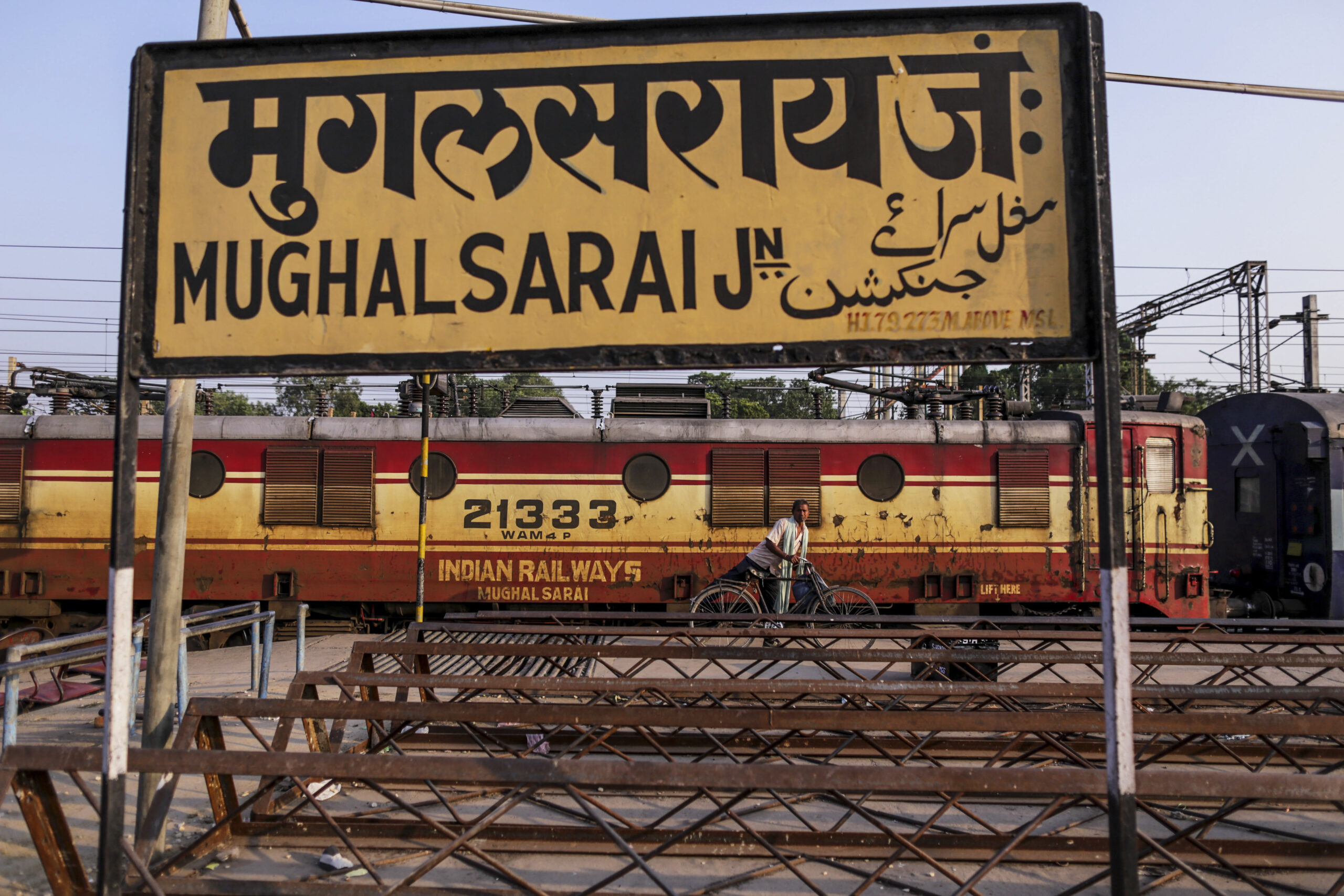the Indian Railways has undertaken the renaming of eight railway stations previously associated with Muslim figures, replacing their names with those reflecting Hindu heritage. This decision has sparked significant controversy and criticism, highlighting ongoing concerns about religious discrimination in India.
Renamed Stations and New Designations
The following railway stations have had their names changed:
| Old Name | New Name |
|---|---|
| Jess Station | Guru Gorakhnath Dham |
| Akbar Ganj Station | Maa Ahurva Bhawani Dham |
| Farast Ganj Station | Tapeshwar Dham |
| Waris Ganj Halt | Amar Shahid Bhale Sultan |
| Nihal Gadh Station | Maharaja Bijli Pasi Station |
| Bani Station | Swami Parmhans Station |
| Misrauli Station | Maa Kalikan Dham |
| Qasim Pur Halt | Jays City |
Analysis of the Renaming Decision
- Jess Station: Now named Guru Gorakhnath Dham, the new title celebrates the Hindu saint Gorakhnath, distancing the station from its previous Muslim association.
- Akbar Ganj Station: Renamed Maa Ahurva Bhawani Dham, it honors a Hindu deity, shifting away from its earlier namesake.
- Farast Ganj Station: The new name, Tapeshwar Dham, reflects a dedication to Hindu spiritual figures.
- Waris Ganj Halt: The station is now Amar Shahid Bhale Sultan, commemorating a figure from Hindu history.
- Nihal Gadh Station: Changed to Maharaja Bijli Pasi Station, honoring a Hindu ruler, replacing the old name.
- Bani Station: Renamed Swami Parmhans Station, it now reflects a significant Hindu figure.
- Misrauli Station: Now Maa Kalikan Dham, the name honors a revered Hindu goddess.
- Qasim Pur Halt: Renamed Jays City, signaling a departure from its previous identity.
Critique of Religious Discrimination
The renaming of these stations reflects a troubling trend of religious discrimination and exclusion. By replacing names associated with Muslim heritage with those that honor Hindu figures, this action can be seen as an attempt to marginalize the contributions of Muslim individuals and communities within India’s historical and cultural narrative.
This shift is part of a broader pattern observed in recent years, where names of public spaces are increasingly being altered to reflect dominant Hindu cultural and historical figures. This trend raises serious concerns about the erasure of diverse historical narratives and the promotion of a singular religious identity at the expense of India’s pluralistic heritage.
Such decisions contribute to a divisive atmosphere, where the contributions of one religious group are overshadowed by the elevation of another. Critics argue that these actions not only undermine the spirit of secularism enshrined in India’s constitution but also perpetuate religious discrimination by reinforcing a hierarchy of cultural and historical significance.


Leave a Comment